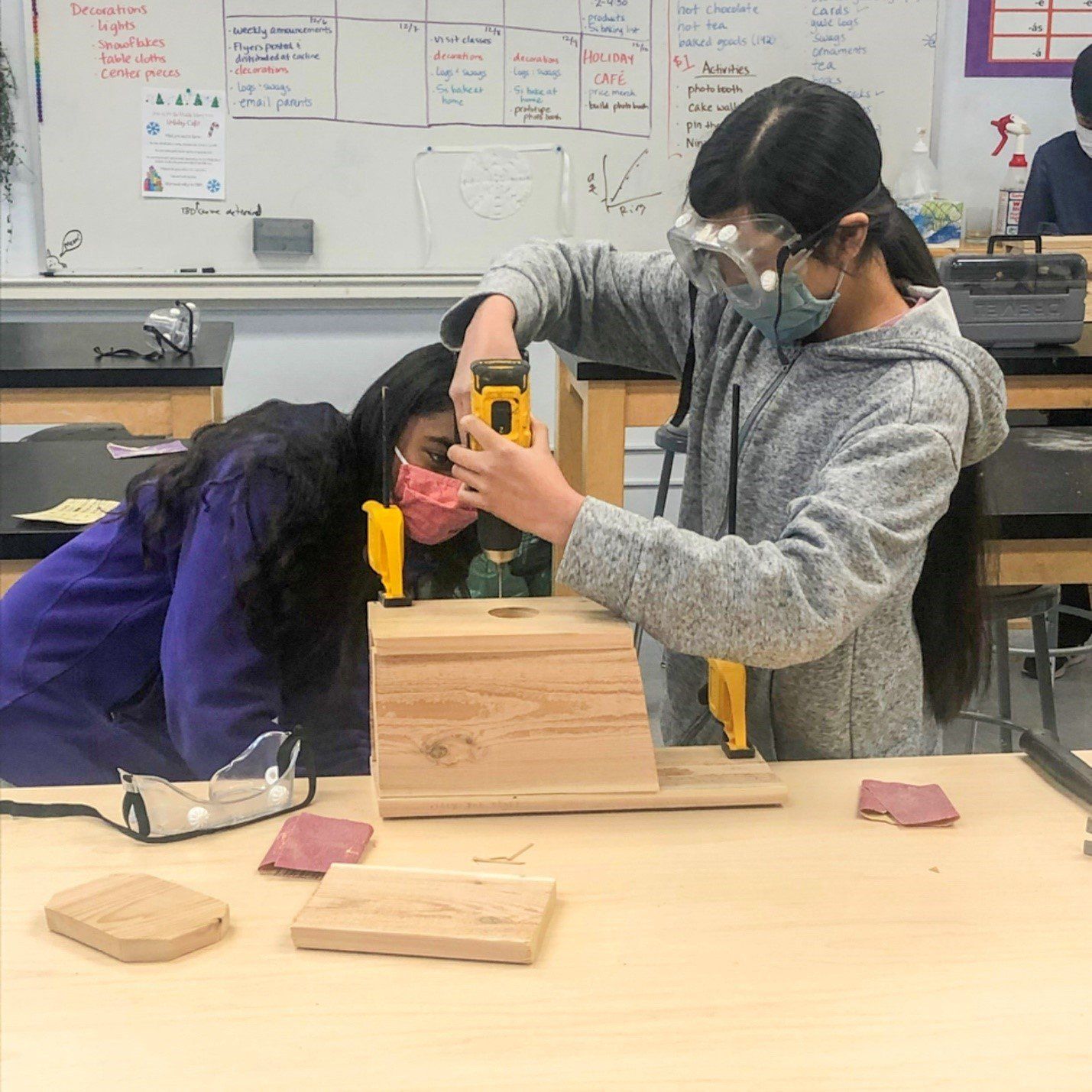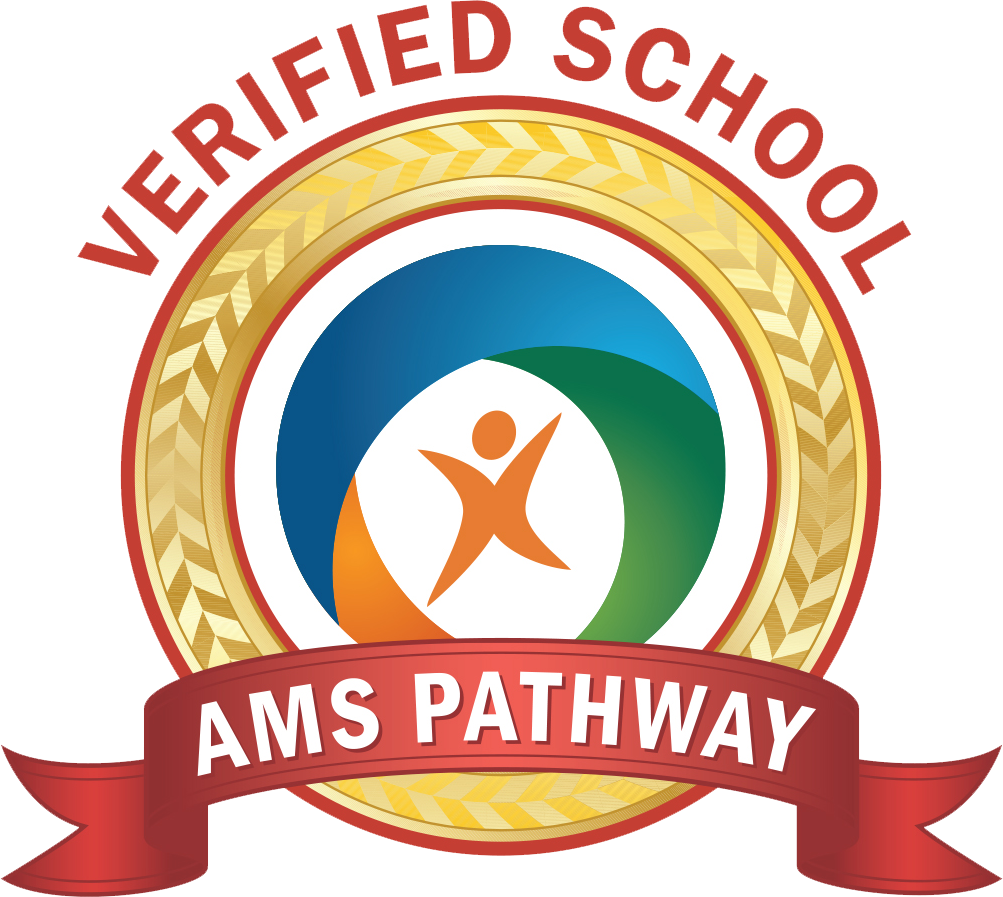Practical Life in Elementary and Middle School

One of the most recognizable parts of a Montessori education is the Practical Life work. Imagine primary children preparing their own snacks or using special frames that teach them to tie, buckle, and snap. Because the images of 3-6 year olds buttoning come so clearly to mind, you might wonder how Practical Life looks in the Elementary years and beyond!
The work of Practical Life does not stop, nor does it become any less important in the older programs. The work itself does, however, take on different forms, incorporating skills which are critical steps toward becoming an independent adult. Skill sets such as care of the environment, pet care, safety education, planning their own ‘going outs,’ learning to make business calls on the phone, and community service are a part of the school routines. The elementary and beyond children are social explorers, and learning to navigate the intricacies of interpersonal relationships, group work, and social justice are keys to this age group! The children have class meetings to handle business, such as classroom jobs, plans for special events, class expectations, problem-solving, etc. At Casa, each classroom formulates a Code of Living, which provides the basis for guiding social harmony in the classroom.
The following are just a sample of some of the practical life skills taught to our older students. Often embedded into the curriculum, they help kids reach independence milestones.
● Time Management
In Casa’s elementary classrooms, time management begins with a work journal and planning. The planning sets forth a list of tasks that are to be completed over the course of the day or week. Students have choice in regards to both the work itself, as well as the order they will complete the tasks, and how they will go about doing so. Often called ‘executive functioning,’ this practice truly develops these essential skill sets of planning and prioritizing, as well as execution.
● Development of Social Skills
As children age and go through the Upper Elementary and Adolescent Program, a developing sense of self and individuality creates more opportunities to relate to peers in new ways. Class meetings are critical in order to process and resolve conflicts and practice strategies. The importance of societal rules, fairness, and justice are heightened during this plane of development. Often discussing rules to an activity are even more important than the activities themselves! Grace and courtesy are still alive and well in our classrooms beyond the Primary years, though they may be more prevalent in a student’s learning to enter an elevator or crafting an email with that special, compassionate touch.
While Practical Life work is an enormous aspect during the Primary years, it is certainly not the end as the student’s social world and physical environment expands beyond the classrooms’ walls.

